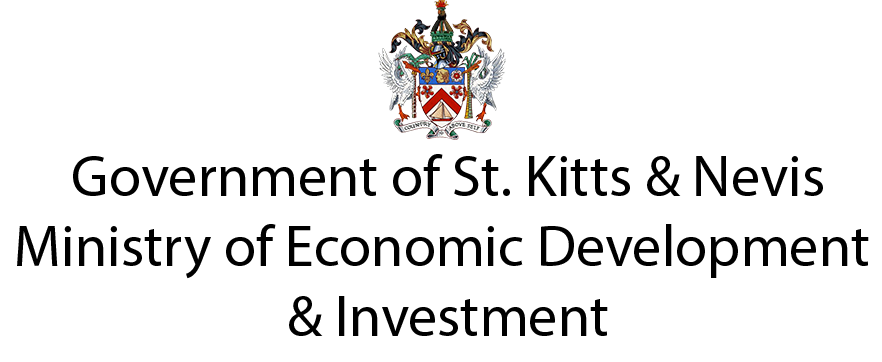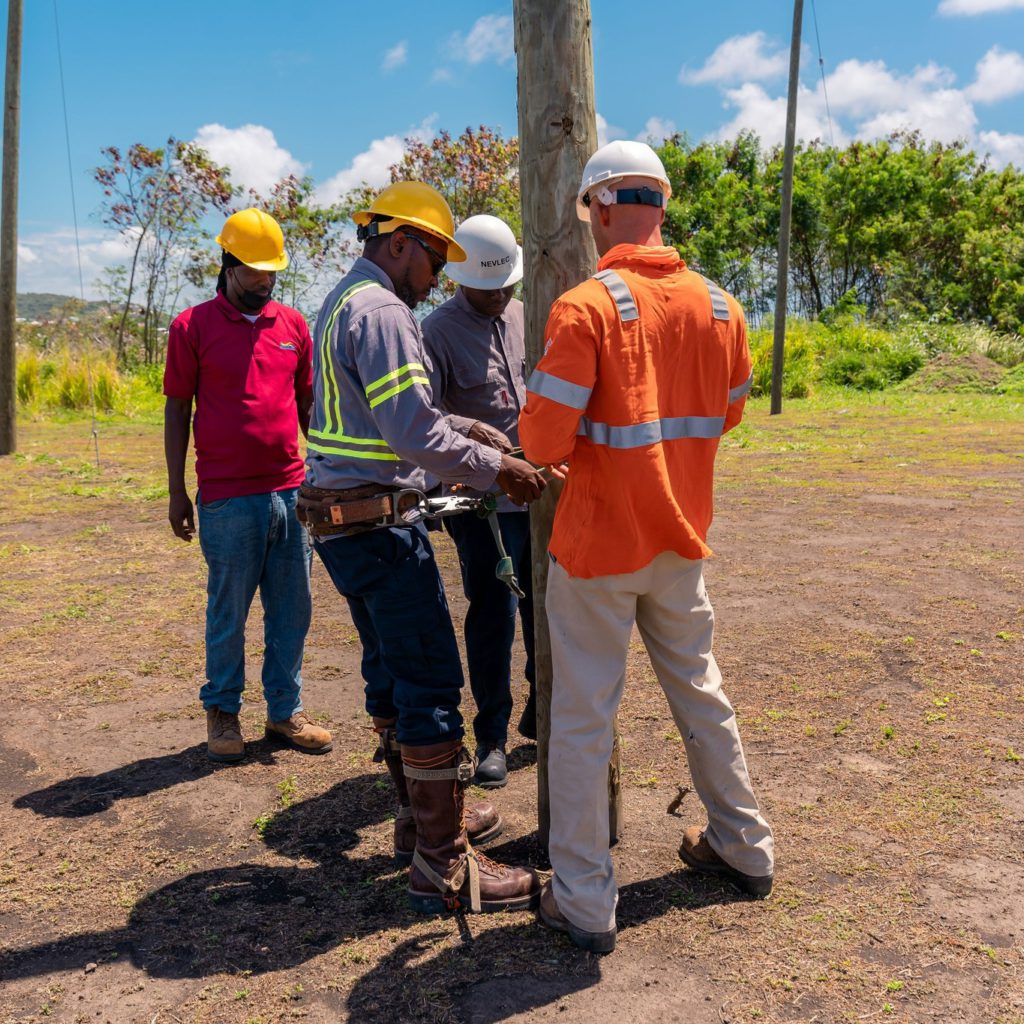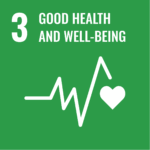Our Key Development Focus Areas
Human Capital Development
Summary
People are the wealth of a nation – a country’s primary asset. Development is about people expanding their choices in every aspect of human life. This expansion will be achieved by enhancing their capabilities and creating opportunities to utilize those improved abilities. Building human capital also requires allocating resources to health concerns. With these two priorities in mind, the focus for human capital development will be ensuring:
- Nutrition and universal, modern, quality health services for all
- Promoting wellness and well-being
- Providing adequate educational services and skills for the 21st century, characterized by the five Cs: Creativity, Critical thinking, Cognitive skills, Collaboration, and Communication.



